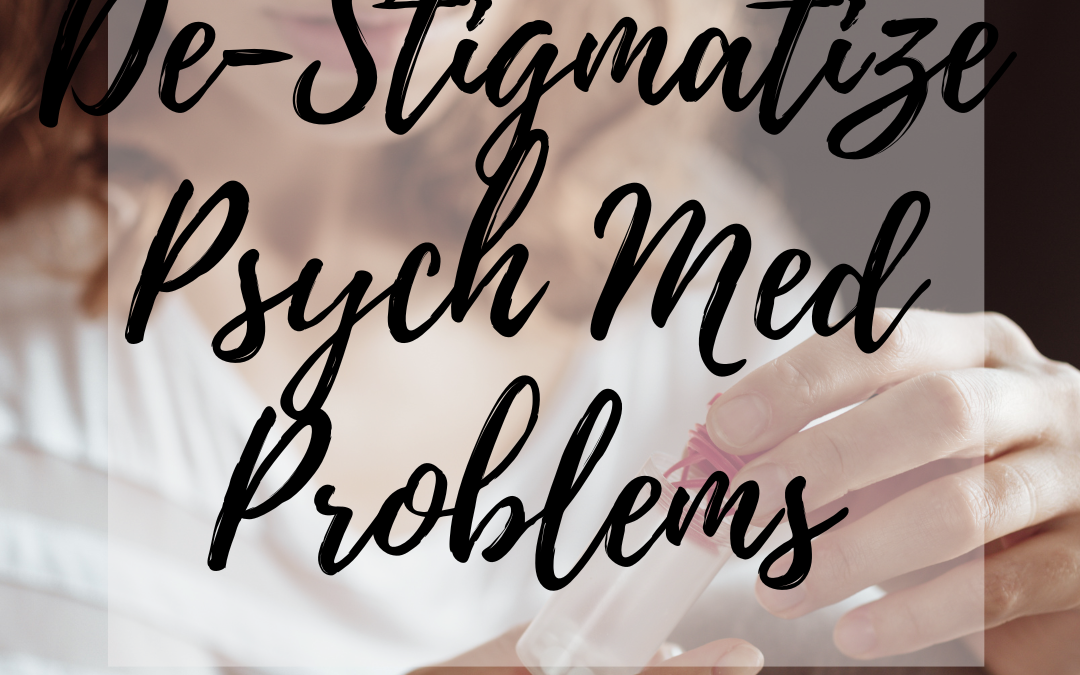Mental health advocacy has made strides in reducing stigma, encouraging open conversations, and promoting treatment options. However, when individuals share negative experiences with psychiatric medication and are met with dismissal or denial, we inadvertently contribute to the very stigma we aim to combat.
The Impact of Dismissing Lived Experiences
Some people state that psychiatric medications can be life-changing for them. However, they are not a one-size-fits-all solution. Some individuals experience adverse effects, from emotional blunting, lack of connection, and cognitive fog to severe withdrawal symptoms. When we deny these experiences or insist that medication is the only valid treatment, we silence those who are struggling and discourage open discourse about mental health treatment options.
Stigmatizing Alternative Perspectives
Dismissing negative experiences with psychiatric medication can lead to an unintended consequence—stigmatizing those who seek alternative treatments or choose to discontinue medication. This creates a harmful dichotomy: individuals who benefit from medication are seen as valid, while those who struggle with it are often labeled as non-compliant or resistant to treatment. This erases the complexities of mental health and forces individuals into a rigid framework that may not align with their unique needs.
The Importance of Informed Consent
A fundamental principle in healthcare is informed consent—ensuring individuals understand both the benefits and risks of treatment options. When we ignore or minimize the potential downsides of psychiatric medication, we compromise informed consent. Acknowledging negative experiences does not discourage treatment; rather, it empowers individuals to make informed decisions that align with their personal health needs.
Creating a More Inclusive Mental Health Conversation
To truly reduce mental health stigma, we must validate all experiences—both positive and negative. This means:
- Listening without judgment when someone shares their struggles with medication.
- Acknowledging that different treatment paths, including therapy, lifestyle changes, and holistic approaches, are valid.
- Encouraging open, honest discussions that respect individual autonomy and lived experiences.
Final Thoughts
Mental health care should be a personalized journey, not a rigid prescription. When we allow space for honest conversations about psychiatric medication, including its challenges, we foster a more inclusive, stigma-free environment. By acknowledging the full spectrum of experiences, we validate the complexity of mental health and empower individuals to make the best choices for their well-being.

